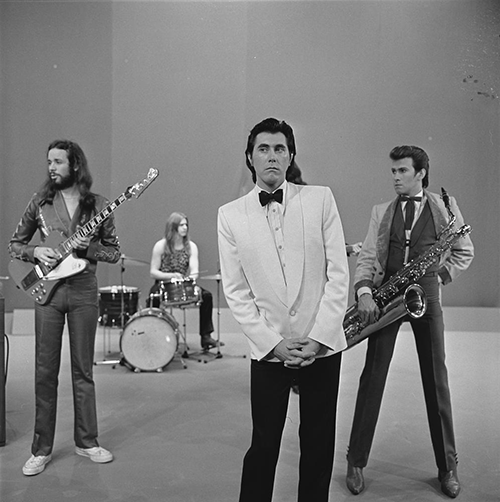
Unmasking the Fake Eno Band: The Truth Behind the Impostors
June 9, 2025 — In an age of viral deception and digital sleight-of-hand, the music world has found itself confronting a bizarre and unsettling mystery: the rise of the so-called Fake Eno Band. Posing as a project somehow affiliated with legendary ambient music pioneer Brian Eno, the group has played venues across Europe and North America, collecting fans, streaming royalties, and even critical attention — all while having no actual connection to Eno himself.
The deception began quietly. In late 2023, obscure online music forums started buzzing with excitement over a mysterious act labeled “The Eno Ensemble” or sometimes simply “ENO.” Their sound bore surface similarities to Brian Eno’s ambient style — washed-out synths, reverb-heavy drones, and minimalist arrangements. But there was a twist: the group began making veiled references to Eno’s involvement, using misleading promotional material and vaguely implying collaboration without ever stating it outright.
By mid-2024, the band had built a cult following and was touring medium-sized venues, some of which advertised the shows with phrases like “Eno-inspired” or “Featuring members of Eno’s circle.” For fans unfamiliar with Eno’s actual work or touring history — Eno is famously reclusive and rarely performs live — the illusion held up just long enough.
That changed when Brian Eno’s management issued a public statement in January 2025, distancing the artist from the group entirely. “Mr. Eno has no affiliation with, nor has he authorized, any group performing or recording under the name ‘Fake Eno Band’ or any derivative thereof,” the statement read. Legal action is reportedly under consideration.
The band itself has responded with a mix of deflection and performance-art rhetoric. In a recent interview, a member who goes by the name “Echo T.” claimed the project is “a commentary on the cult of authenticity in ambient music.” He added, “We’re not fakes — we’re reflections.”
Music critics are divided. Some view the group’s deception as a cynical cash grab; others call it a postmodern stunt that Eno himself might, ironically, appreciate.
For fans and venues alike, the incident serves as a cautionary tale in a media landscape where branding can be as powerful as the music itself — and where even ambient soundscapes can come with unexpected noise.





